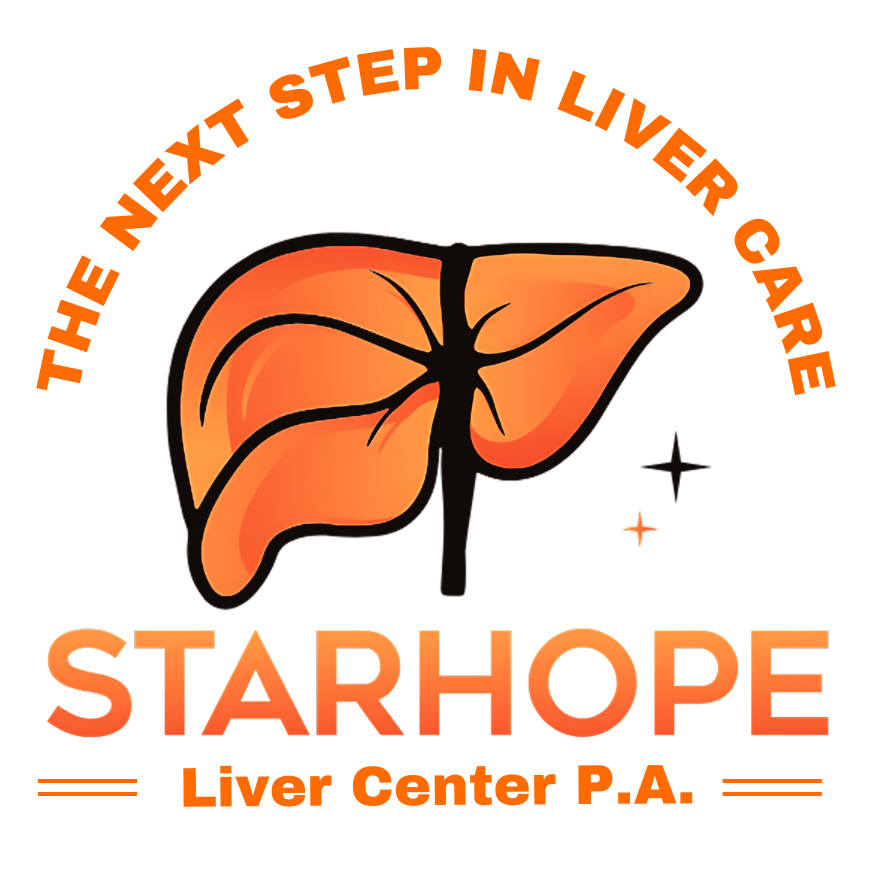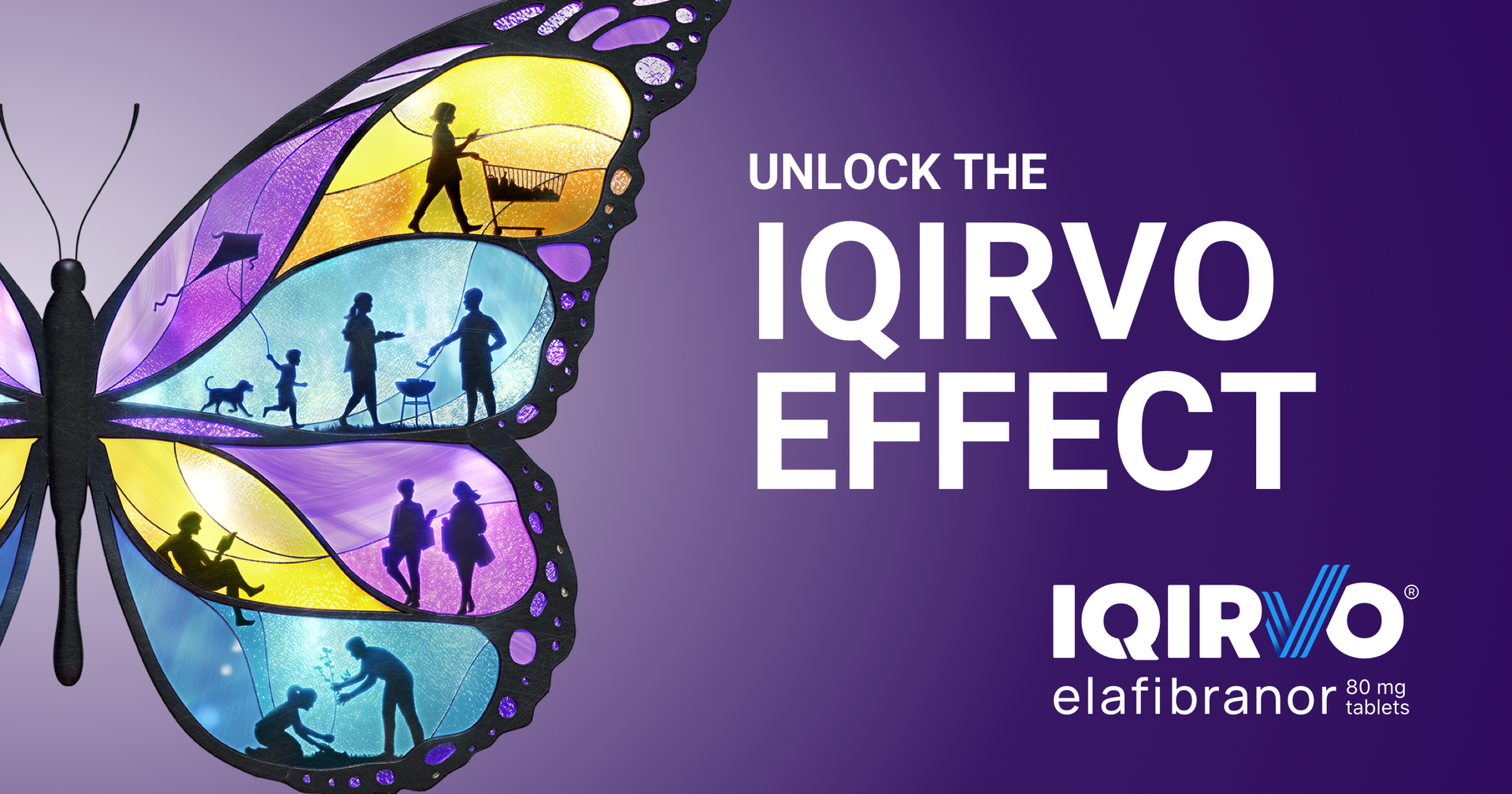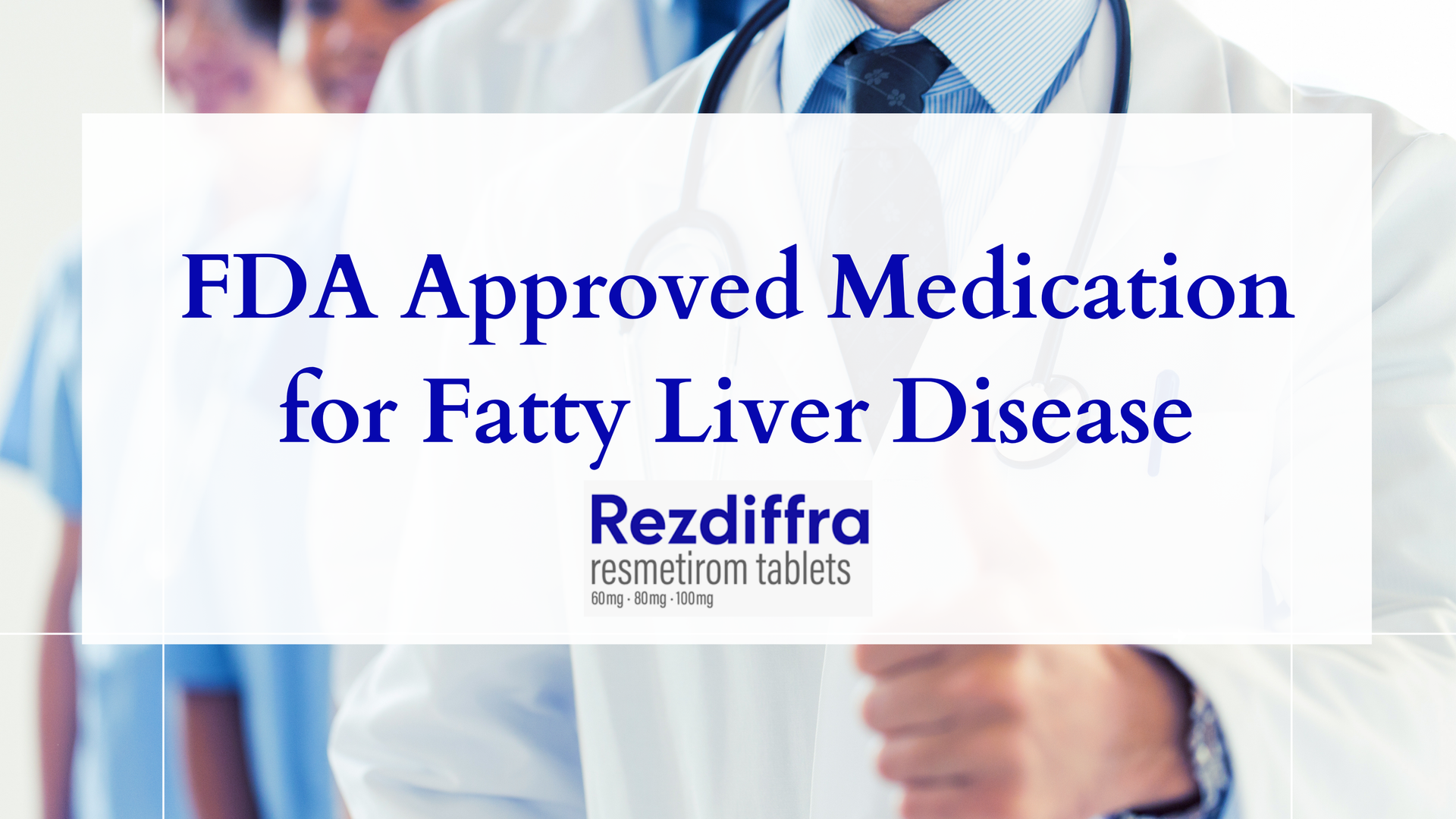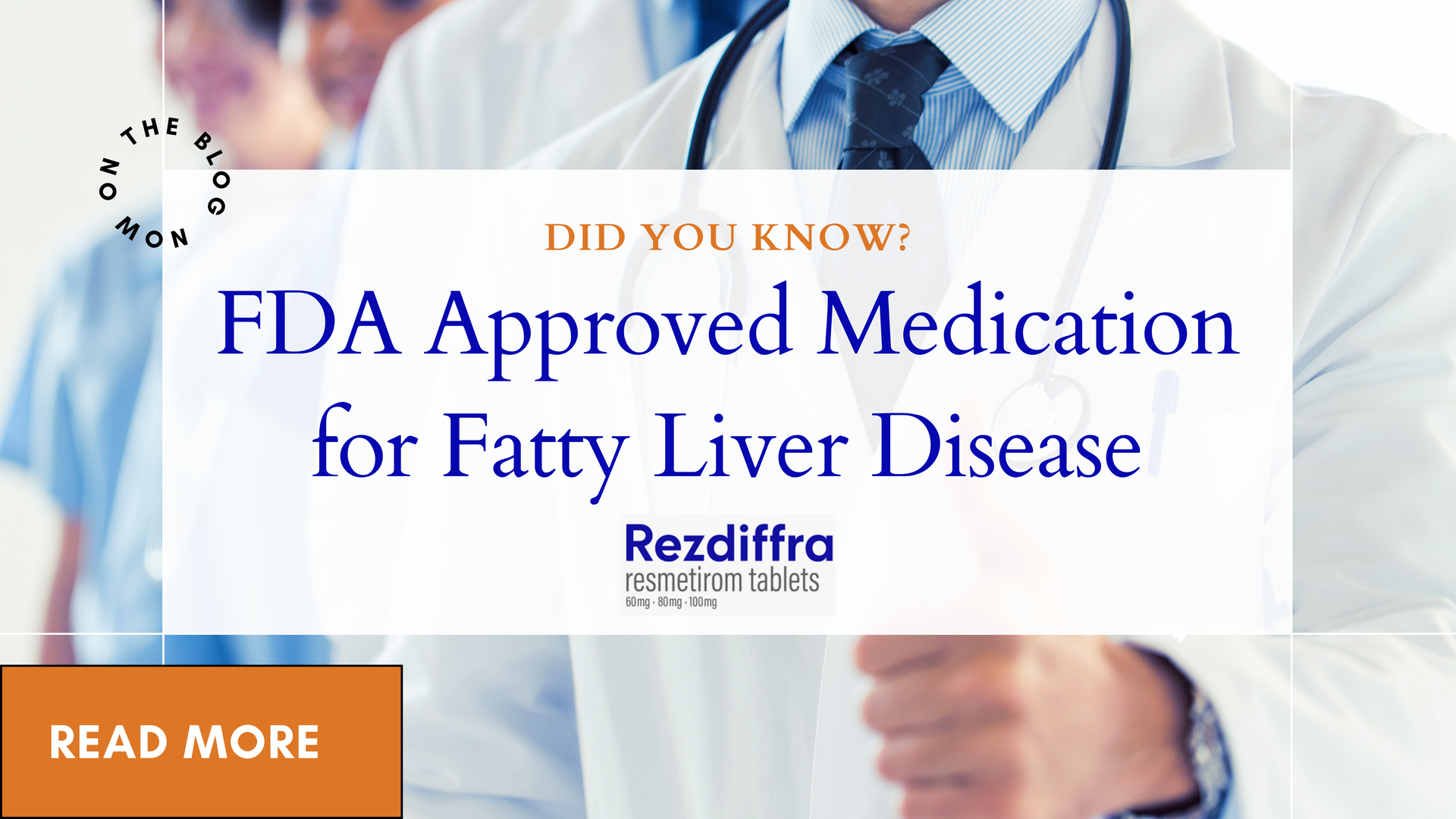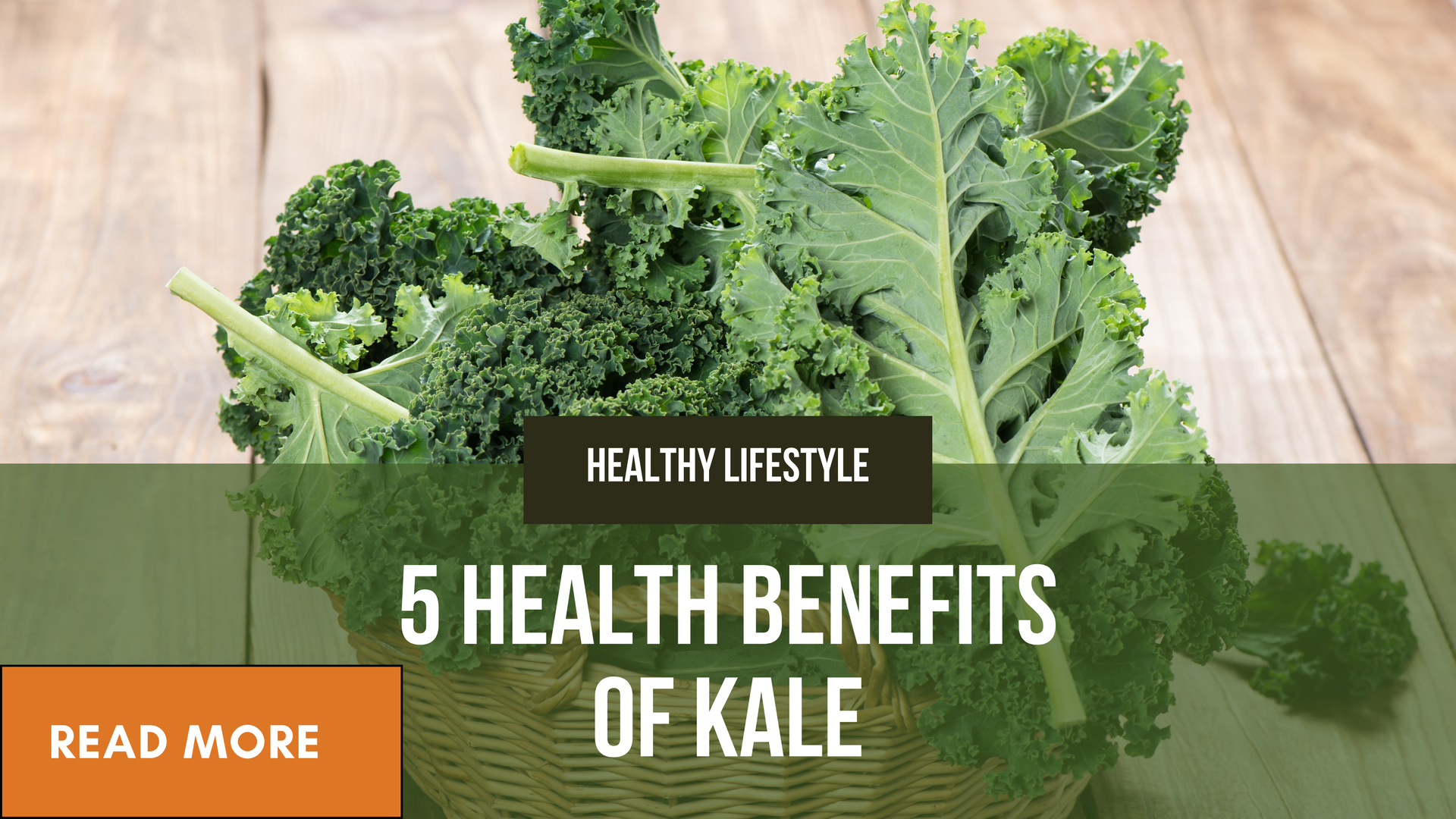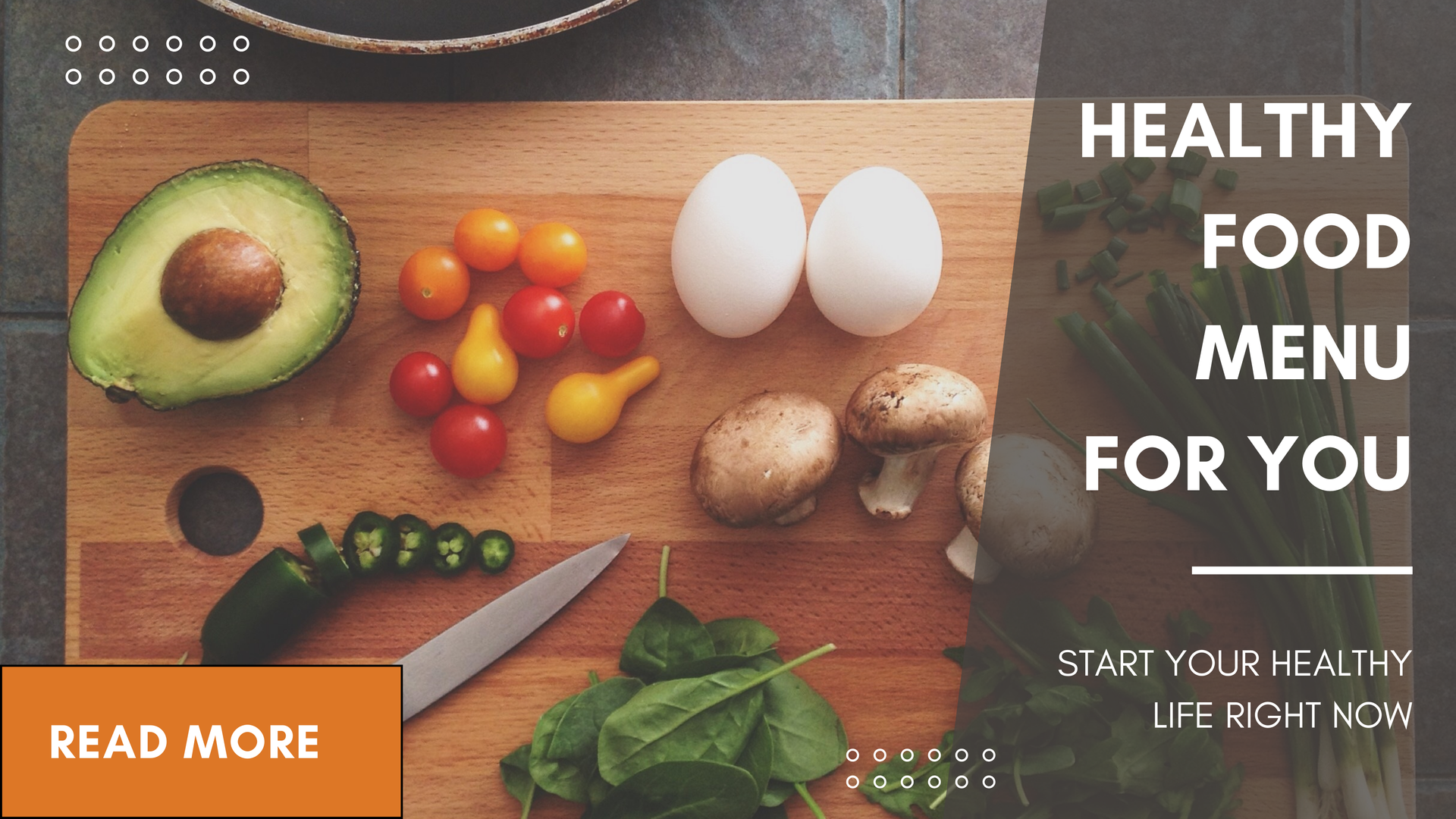Blog
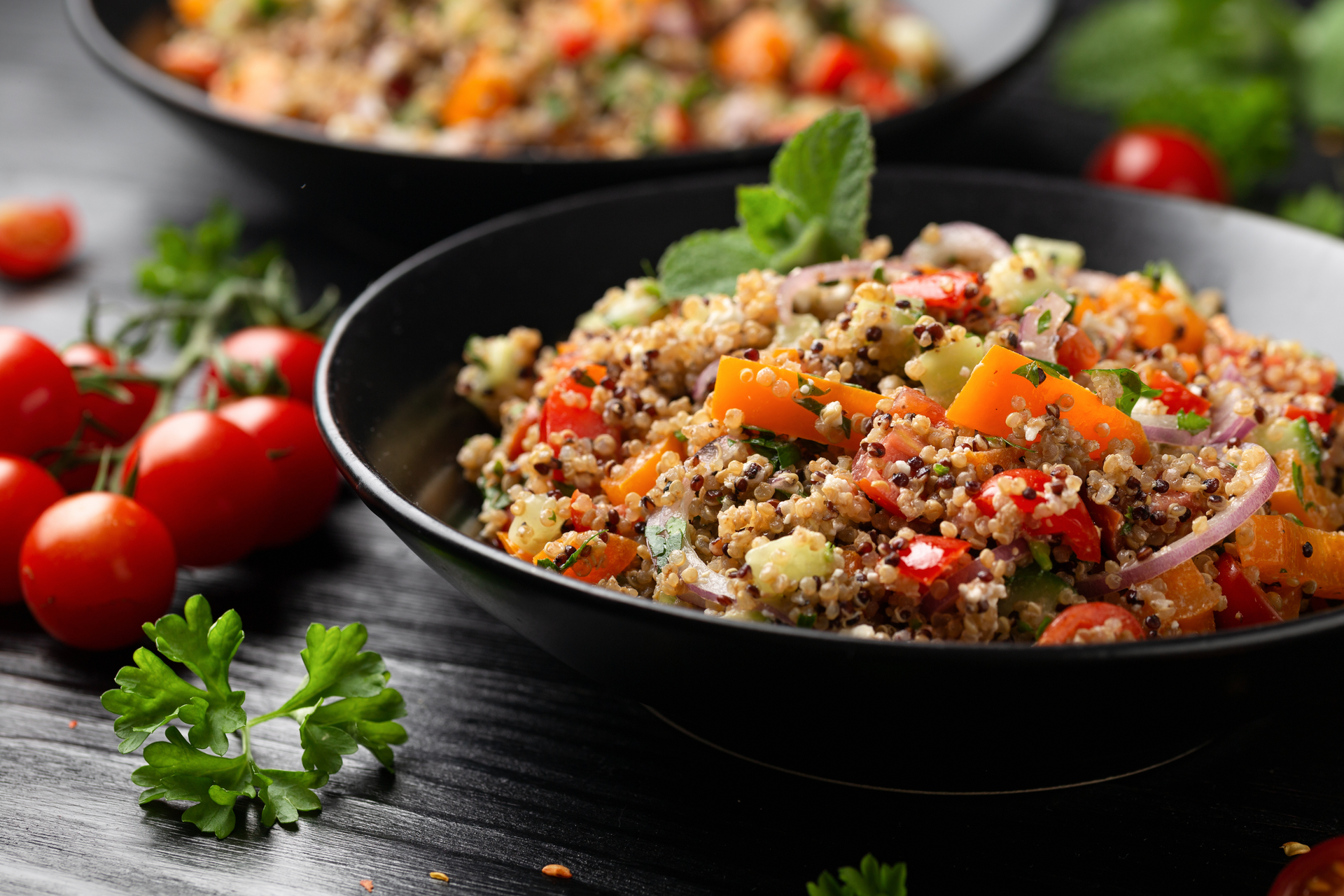
Embrace Healthy Eating with the Mediterranean Diet: A Path to Wellness Hello, and welcome to a journey toward a healthier, more vibrant you! I’m Dr. Fernando Membreno, a hepatologist deeply committed to guiding individuals to better liver and overall health. Today, I want to spotlight the Mediterranean diet—a gem in the world of nutrition. Why Focus on Eating Healthy? Your liver is the powerhouse of your body. It detoxifies, produces essential proteins, and plays a pivotal role in energy management. A healthy diet can protect this vital organ, reduce inflammation, and support its regenerative abilities. Poor dietary choices, conversely, can lead to fatty liver disease, cirrhosis, and other chronic conditions. The Mediterranean Diet: A Proven Ally for Liver and Whole-Body Health This diet isn’t just a fad; it’s a time-tested pattern of eating inspired by countries bordering the Mediterranean Sea. Studies show it’s beneficial for heart health, brain function, and, crucially, liver health. The Mediterranean diet emphasizes: Abundant Vegetables and Fruits: These provide vitamins, minerals, and antioxidants that reduce inflammation and oxidative stress—two key factors in liver damage. Healthy Fats from Olive Oil and Nuts: These contain monounsaturated fats, which promote good cholesterol levels and reduce harmful fat deposits in the liver. Lean Proteins like Fish and Legumes: Rich in omega-3 fatty acids, fish supports anti-inflammatory pathways, while legumes offer fiber and plant-based proteins. Whole Grains: Brown rice, quinoa, and whole-grain bread ensure steady energy and aid in digestive health, which supports the liver. Herbs and Spices for Flavor: Replace salt with natural seasonings to lower blood pressure and reduce sodium intake, aiding liver and cardiovascular health. Moderate Wine Consumption (Optional): If you drink alcohol, moderate consumption of red wine with meals is a hallmark of this diet. However, consult your doctor for personalized advice, especially if you have liver concerns. Tips to Get Started: Start Small: Introduce one Mediterranean dish a week. A simple salad with olive oil, nuts, and fresh vegetables is a great start. Cook More Meals at Home: Experiment with Mediterranean recipes to enjoy meals rich in flavor and nutrients. Mindful Portions: Follow your body’s hunger cues and focus on balanced meals. Stay Active: Pair your dietary efforts with regular exercise to enhance liver function and overall health. A Delicious Recipe to Try: Mediterranean Grain Bowl Ingredients: 1 cup cooked quinoa ½ cup cherry tomatoes ½ cup cucumbers, diced ¼ cup Kalamata olives 2 tbsp feta cheese 1 tbsp olive oil A sprinkle of oregano Juice of half a lemon Instructions: Combine all ingredients in a bowl. Drizzle with olive oil and lemon juice. Sprinkle oregano on top and enjoy! Remember, every step toward healthier eating is a victory. The Mediterranean diet isn’t just food; it’s a lifestyle. It’s about savoring meals with loved ones, embracing a slower pace, and nourishing your body with what it truly needs. Your liver, and your entire body, will thank you for the effort. To your health and happiness, Dr. Fernando Membreno
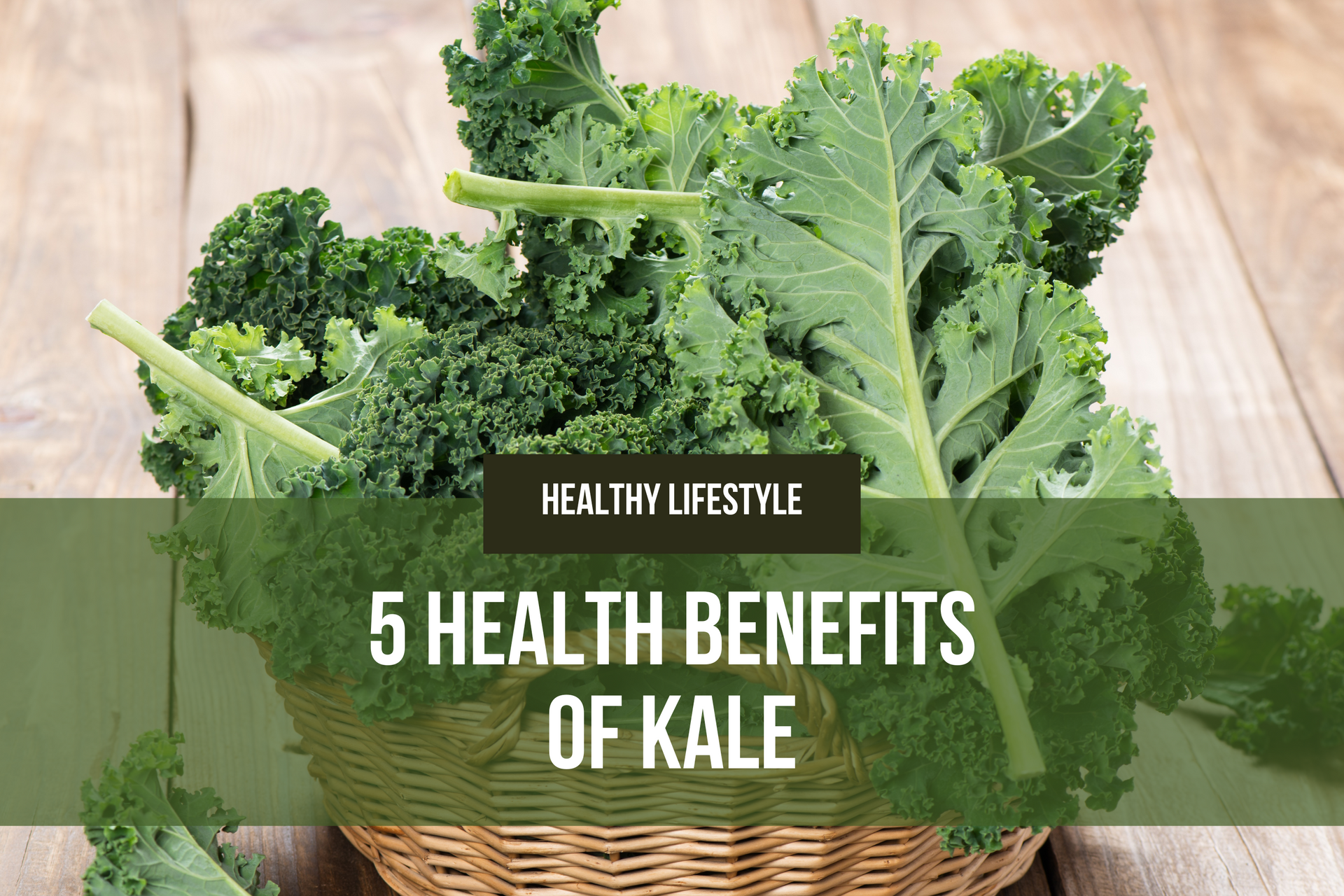
5 Amazing Health Benefits of Kale Kale has earned its title as a "superfood," and for good reason. This leafy green is packed with nutrients that offer a range of health benefits, making it a must-add to your plate. Whether you toss it into a salad, blend it into a smoothie, or bake it into crispy chips, kale can be a game-changer for your health. Here are five compelling reasons to make kale a staple in your diet: 1. Nutrient Powerhouse Kale is loaded with essential vitamins and minerals. A single cup of raw kale provides: Vitamin K : Over 600% of your daily recommended intake, crucial for blood clotting and bone health. Vitamin A : Supports eye health and boosts your immune system. Vitamin C : A powerful antioxidant that promotes skin health and strengthens your immune defenses. Calcium and Potassium : Vital for bone strength and cardiovascular health. With so many nutrients and just 33 calories per cup, kale offers incredible nutritional density. 2. Supports Heart Health Kale is rich in compounds that benefit your heart. It contains: Fiber , which helps lower bad cholesterol (LDL) levels. Potassium , which helps regulate blood pressure. Antioxidants , such as quercetin, which reduce inflammation and protect against artery damage. Adding kale to your meals can improve your heart health and reduce the risk of cardiovascular disease. 3. Promotes Liver Detoxification Your liver works hard to filter toxins, and kale can give it a helping hand. Kale is high in glucosinolates, natural compounds that support the body’s detoxification process. These compounds activate enzymes in the liver to neutralize harmful toxins, promoting a cleaner, healthier system. 4. Boosts Eye Health Kale is a standout vegetable for vision health. It’s loaded with lutein and zeaxanthin , antioxidants that protect your eyes from harmful blue light and reduce the risk of macular degeneration and cataracts. Its high vitamin A content also contributes to maintaining clear, healthy vision. 5. Helps Reduce Cancer Risk Kale contains sulforaphane , a compound known for its cancer-fighting properties. This compound has been shown to inhibit the growth of cancer cells and prevent DNA damage. Regular consumption of cruciferous vegetables like kale has been linked to a reduced risk of several types of cancer, including colon, breast, and prostate cancer. How to Incorporate Kale into Your Diet Smoothies : Blend kale with fruit, yogurt, and almond milk for a nutrient-packed smoothie. Salads : Massage raw kale leaves with olive oil and lemon juice to soften their texture and enhance flavor. Soups and Stews : Add chopped kale to your favorite soup or stew recipe. Chips : Bake kale leaves with a drizzle of olive oil and a sprinkle of sea salt for a crunchy snack. Kale is a versatile, nutrient-dense vegetable that deserves a spot on your plate. Whether you’re looking to improve your heart health, support your liver, or boost your immune system, kale is a fantastic ally for overall wellness. Make it a regular part of your meals and enjoy the countless benefits it brings!


